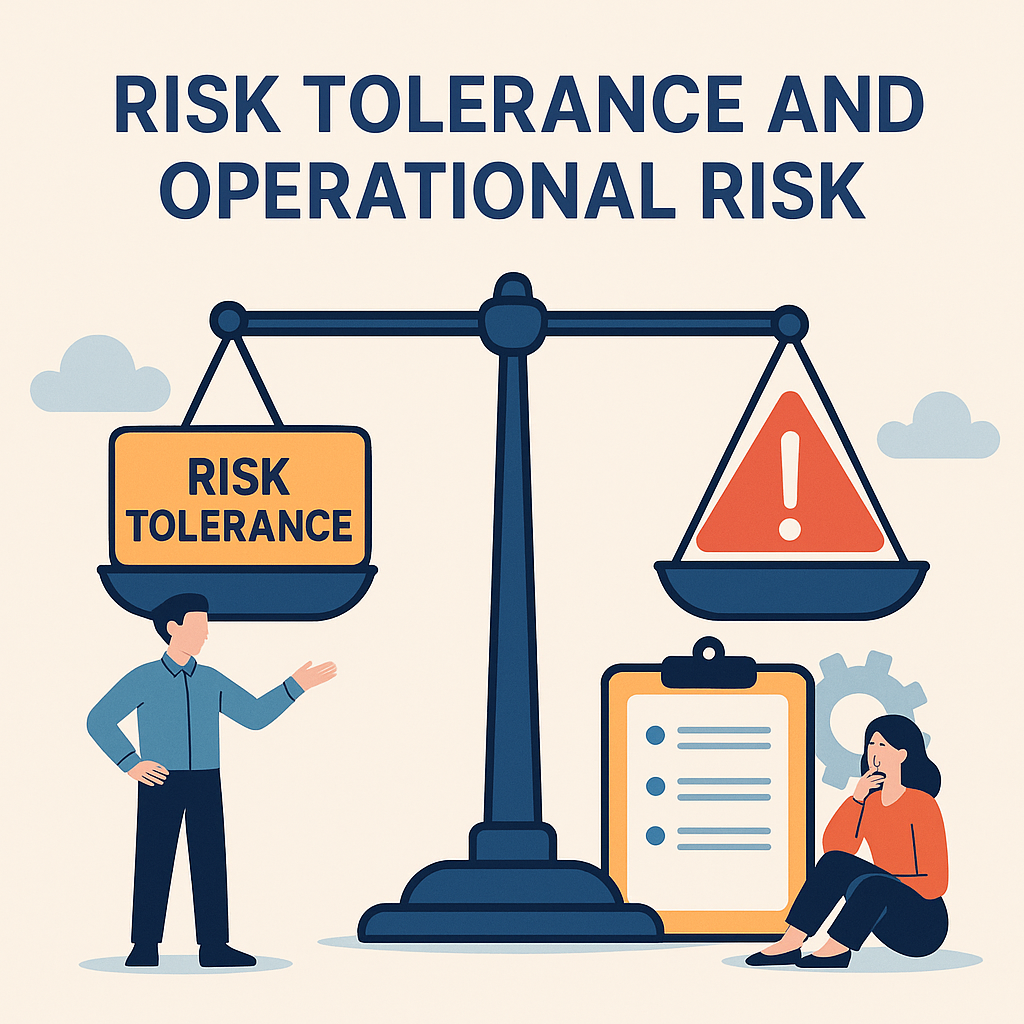Introduction
E-commerce has transformed the way businesses operate, creating new revenue models that differ significantly from traditional retail. From digital product sales and subscriptions to marketplace commissions and loyalty programs, e-commerce revenue recognition requires internal auditors to adopt a modern, data-driven approach under IFRS 15 (Revenue from Contracts with Customers).
Internal auditors play a crucial role in ensuring that e-commerce businesses recognize revenue correctly, comply with IFRS 15, and minimize risks associated with revenue manipulation, improper cut-off policies, and contract misinterpretations. Unlike traditional sales, e-commerce transactions often involve multiple performance obligations, deferred revenue components, and variable pricing mechanisms that increase the risk of misstatement or fraud.
Why is this Topic Important?
- E-commerce businesses use unique revenue models such as subscription services, digital downloads, virtual products, and third-party marketplace sales, which are not always straightforward under IFRS 15.
- Revenue fraud and misstatements in e-commerce are rising due to aggressive discounting, complex refund policies, and revenue acceleration practices.
- Internal auditors must focus on revenue risks such as cut-off issues, unrecorded liabilities, incorrect revenue allocation, and improper contract modifications.
This article provides a comprehensive, step-by-step guide for internal auditors to assess e-commerce revenue streams, ensuring compliance with IFRS 15 while detecting potential financial misstatements.
Understanding IFRS 15 in the Context of E-Commerce Revenue Recognition
IFRS 15 provides a structured five-step approach for recognizing revenue:
- Identify the Contract with a Customer
- Identify the Performance Obligations in the Contract
- Determine the Transaction Price
- Allocate the Transaction Price to Performance Obligations
- Recognize Revenue When Performance Obligations Are Satisfied
For e-commerce businesses, each step presents unique challenges that require careful examination by internal auditors.
Key Challenges in Auditing E-Commerce Revenue Streams
1. Auditing Subscription-Based Revenue (SaaS, Memberships, and Digital Services)
E-commerce platforms are increasingly adopting subscription models, including:
- SaaS-based digital products such as Netflix, Spotify, and Shopify.
- Membership programs like Amazon Prime and Walmart+ that provide recurring services for a fixed fee.
- Recurring physical product deliveries, such as Dollar Shave Club and HelloFresh.
Audit Considerations:
- Ensure revenue is recognized progressively over the subscription period and not upfront.
- Validate whether free trials and introductory discounts are properly accounted for and not recorded as revenue before commitment.
- Check if subscription cancellations and refund provisions are correctly reflected in deferred revenue.
Example: Amazon Prime charges customers an annual or monthly fee. Under IFRS 15, this revenue should be recognized monthly over the membership period, not at the time of payment.
2. Auditing Digital Product Sales (E-books, Online Courses, Software, and NFTs)
E-commerce businesses frequently sell digital products that involve instant delivery, raising concerns about cut-off errors and premature revenue recognition.
Audit Considerations:
- Ensure revenue is recognized only when the product is delivered and the customer obtains control.
- Review bundled digital sales, such as software + future updates, to determine proper allocation of revenue under IFRS 15.
- Assess whether businesses improperly accelerate revenue recognition by recording sales before obligations are met.
Example: Udemy sells online courses that include lifetime access and instructor mentorship sessions. Auditors must verify that revenue is properly split between immediate access (one-time revenue) and mentorship services (deferred revenue).
3. Auditing Marketplace Commissions and Revenue Recognition (Amazon, eBay, Shopify, Etsy)
Many e-commerce businesses function as marketplaces rather than direct sellers, meaning they earn revenue from commissions rather than product sales. The challenge is determining whether the business is acting as a principal or an agent under IFRS 15.
Audit Considerations:
- Identify whether the e-commerce platform controls the product before sale (acting as a principal) or simply facilitates the transaction (acting as an agent).
- Review how and when commissions are recognized, ensuring they align with successful transactions rather than order placements.
- Ensure service fees, payment processing charges, and promotional credits are properly classified and disclosed.
Example: eBay earns a seller commission on every completed transaction. Internal auditors must ensure that commissions are recorded only after the sale is final and not when the item is merely listed.
4. Auditing Gift Cards, Loyalty Points, and Discounts
Many e-commerce businesses provide gift cards, promotional discounts, and loyalty programs that create deferred revenue obligations. Improper accounting for these can lead to misstated liabilities and premature revenue recognition.
Audit Considerations:
- Validate that gift card sales are recorded as liabilities until redeemed or expired.
- Review whether revenue breakage (unredeemed gift cards and loyalty points) is estimated correctly under IFRS 15.
- Ensure promotional discounts are deducted at the correct period and not deferred improperly.
Example: Starbucks issues rewards point that customers can redeem for future purchases. Under IFRS 15, Starbucks must defer the portion of revenue allocated to points until redemption or expiration.
5. Auditing Refund Policies, Chargebacks, and Revenue Reversals
E-commerce businesses typically offer lenient return policies, creating risks related to overstated revenue and unrecognized refund liabilities. Chargebacks from customers disputing credit card transactions further complicate revenue recognition.
Audit Considerations:
- Ensure that historical return rates are analyzed, and refund provisions are established accordingly.
- Verify whether refund liabilities (IFRS 15 B20-B27) are properly recognized.
- Review how chargebacks are recorded, ensuring they reduce revenue appropriately rather than being misclassified.
Example: Zappos has a 365-day return policy. Internal auditors must ensure that returns are accounted for as liabilities until the period expires.
Best Practices for Internal Auditors Auditing E-Commerce Revenue Under IFRS 15
- Conduct Data-Driven Revenue Analysis
Use data analytics to track refund trends, sales reversals, and revenue cut-off errors. - Examine Contractual Terms and Customer Agreements
Carefully review subscription terms, refund policies, and loyalty program conditions to ensure compliance. - Verify Revenue Cut-Offs and Timing
Ensure end-of-period transactions are correctly recorded without premature recognition. - Perform Sample-Based Testing for Key Revenue Areas
Select samples from subscription sales, refunds, and gift card redemptions for detailed review. - Assess Internal Controls Over Revenue Recognition
Determine if revenue processes are automated and if manual intervention could lead to errors.
Conclusion
E-commerce revenue recognition under IFRS 15 demands a specialized audit approach. By focusing on subscription-based revenue, digital product sales, marketplace commissions, loyalty programs, and refund policies, internal auditors can identify high-risk areas, ensure compliance, and prevent revenue misstatements.
With the growing complexity of online transactions, digital payments, and multi-element contracts, internal auditors must leverage data analytics, enhance testing methodologies, and assess revenue risks proactively.
References
- IFRS Foundation (2021). “IFRS 15: Revenue from Contracts with Customers.” IFRS.org
- Deloitte (2023). “E-commerce and Revenue Recognition Challenges Under IFRS 15.” Deloitte Insights
- PwC (2023). “Internal Audit Guide for Digital Revenue Recognition.” PwC









